Laboratories
The department has four teaching laboratories, two research laboratories, and a technical workshop. Methodically developed and provided with a lot of materials are over forty laboratories. They cover most of the topics in the curricular of relevant disciplines as the four teaching laboratories are provided with appropriate switchboard equipment. The five computer laboratories which were constructed in ITF are being actively used in the learning process. They are equipped with modern computers and licensed software such as SolidWorks, PTC Creo, Ansys, LabVIEW, KISSSOFT, MSC Adams and others (OR , etc.).
The two research laboratories of the department are equipped with multiple stands for research purposes, including a stand for the modeling of a vehicle with a kinetic accumulator of energy, a functional model of a specialized robot for removing the castings of machines under pressure, a device for evaluation of castings from machines for casting aluminum and zinc-magnesium alloys, a training stand for a multipurpose manipulator for generating trajectories, a 3D scanner from the company NextEngine, and others.
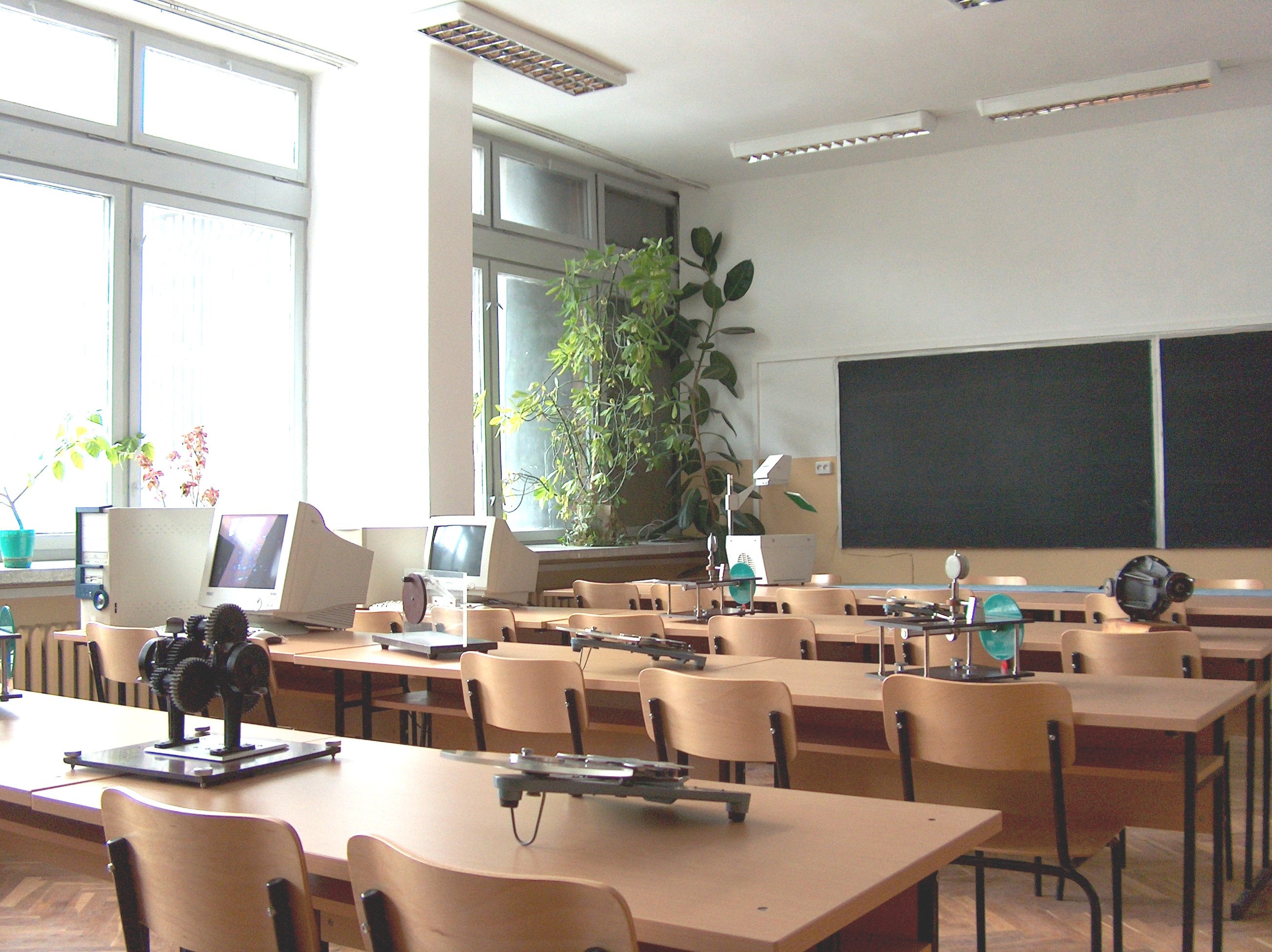 |
|
| Training laboratory 4204 | |
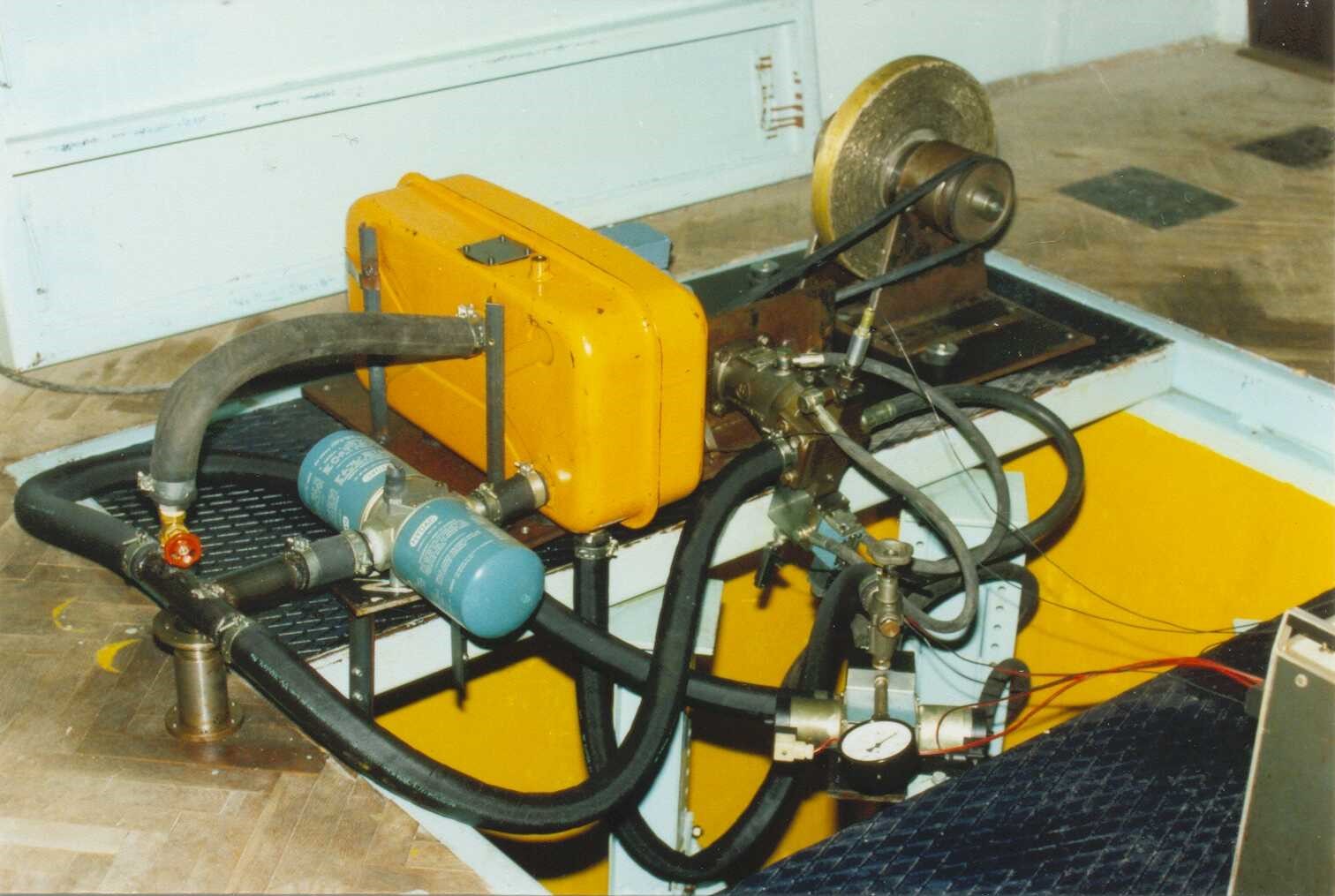 |
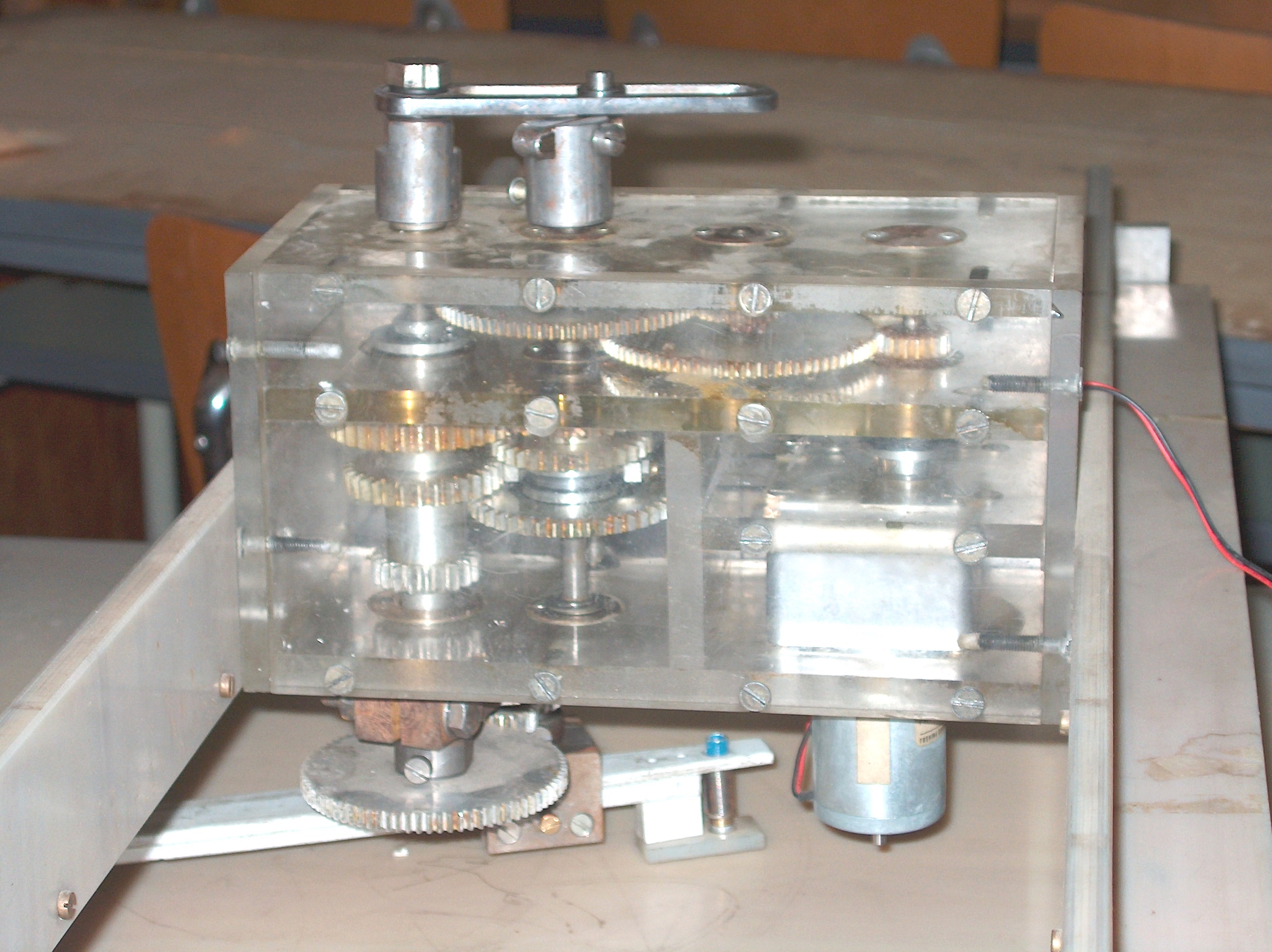 |
| Stand for Modeling Vehicle with Kinetic Energy Storage System (KERS) | Stand for modeling of multi purpose path generating manipulator |
In 2014 in the department was added a separate academic Laboratory for micro-electromechanical systems (MEMS) headed by Prof. PhD Eng. Todor Todorov. The laboratory is equipped with modern facilities and equipment and its expansion is forthcoming.The laboratory has a vibration system created by MEMS, which includes vibrating tables, a function generator, an amplifier, and a laser Doppler vibrometer. There are stands for the testing of smart materials and for studying the main energy transformations. The data from the multiphysics measurements are processed with a system for recording data by National Instruments in an environment of LabVIEW.
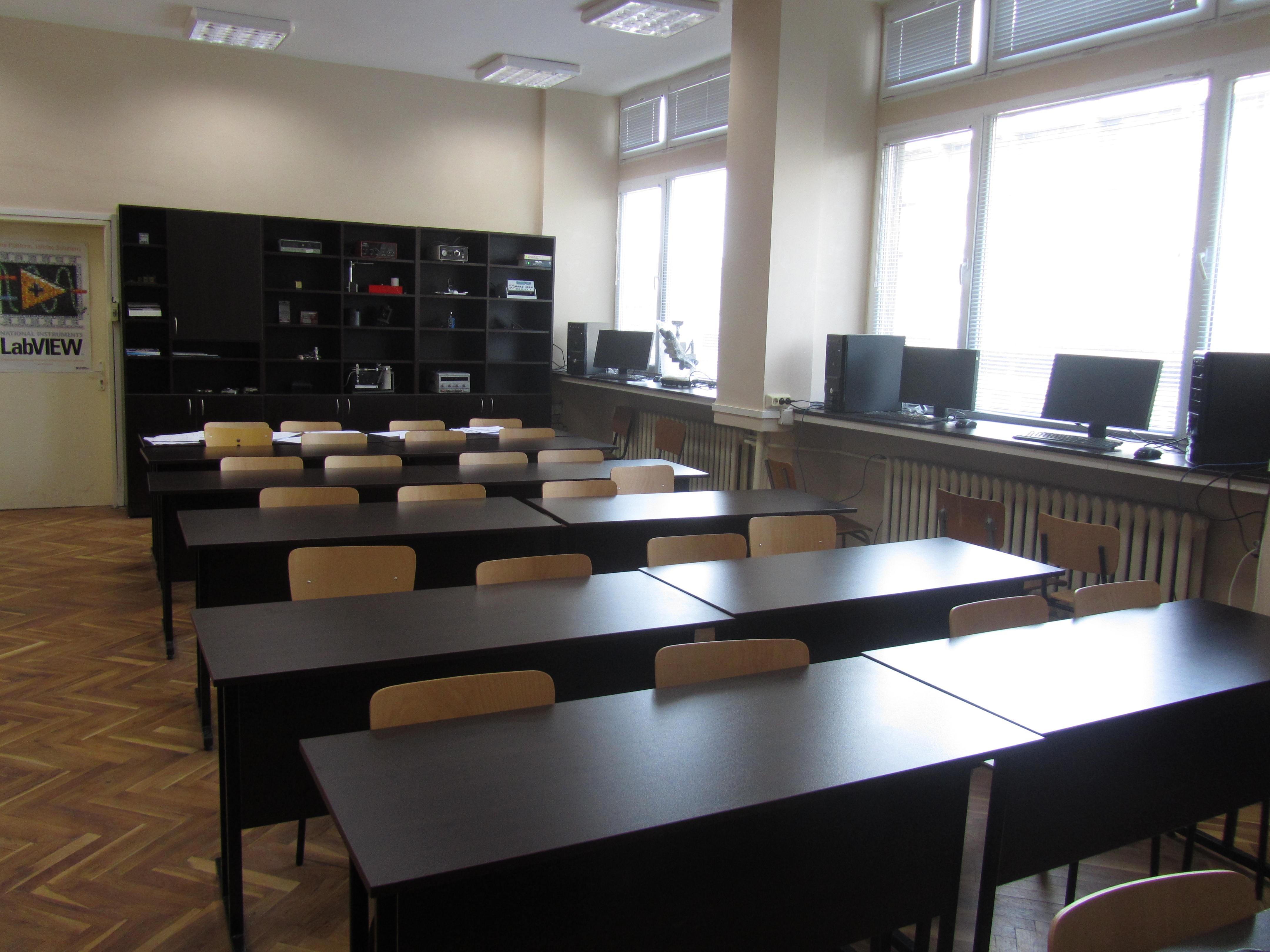 |
|
| Training Laboratory 4213 on micro-electromechanical systems (MEMS) | |
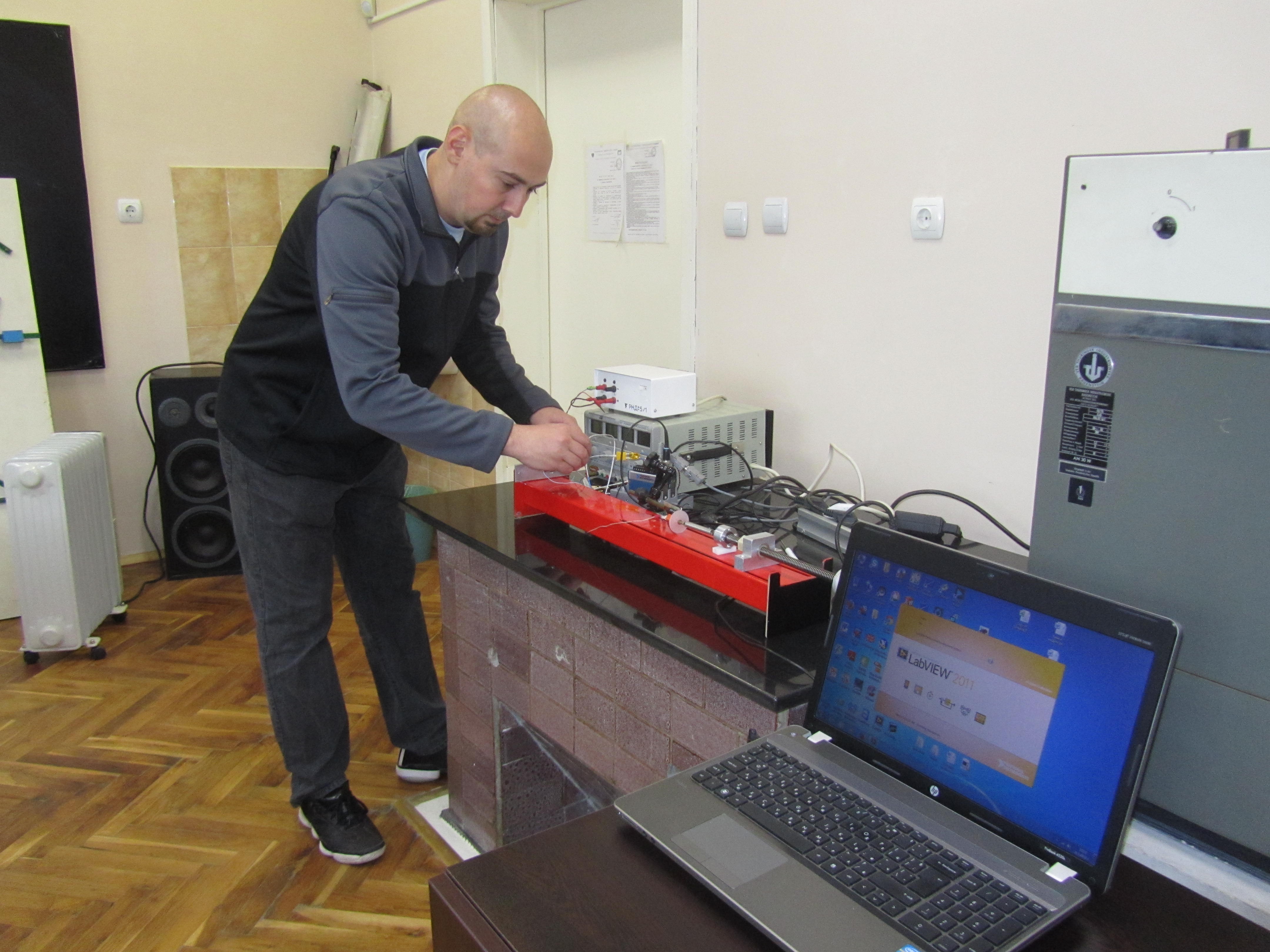 |
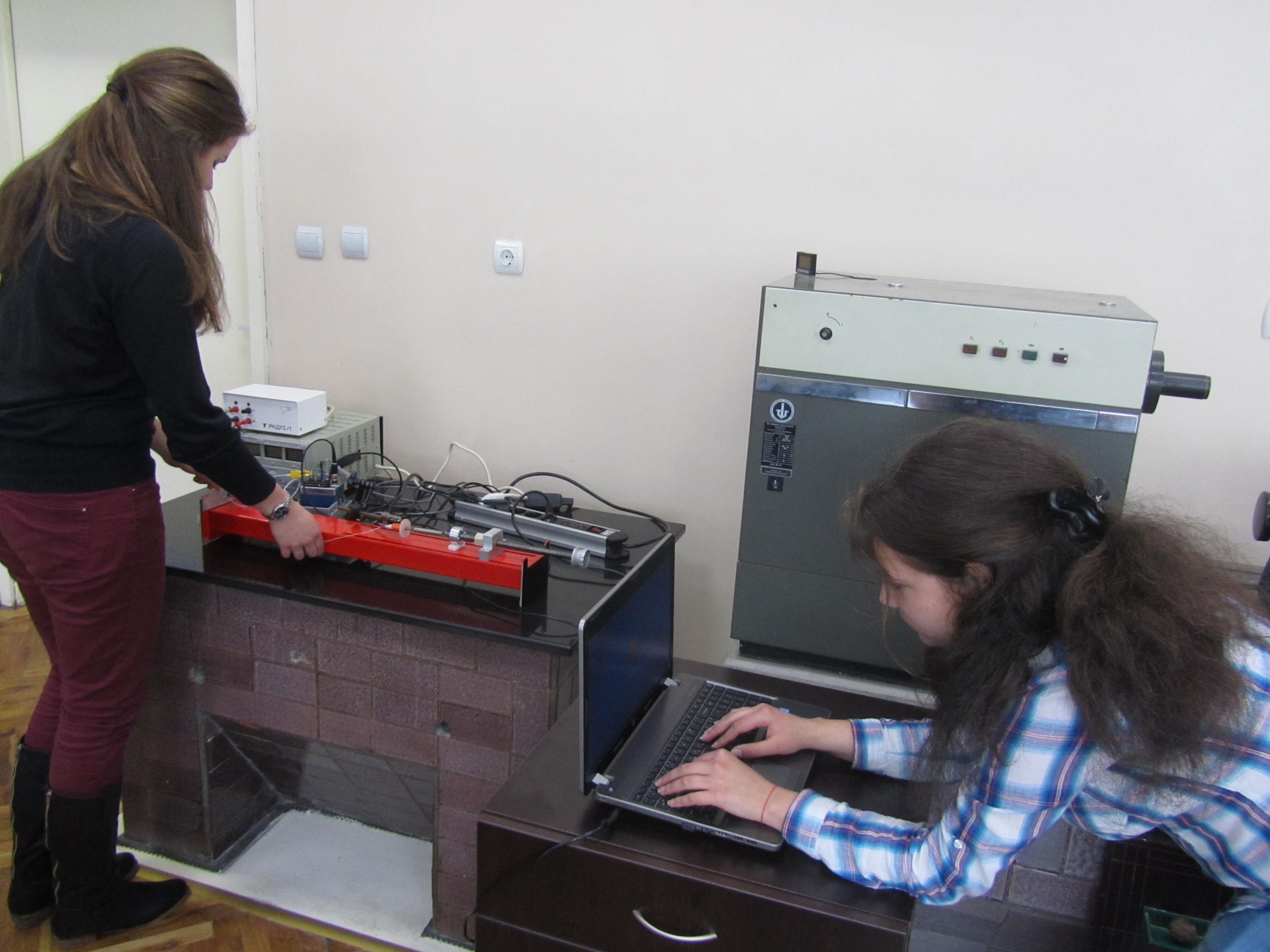 |
| Prepare and conduct laboratory exercise in MEMS | |
In 2015 two new laboratories were established at FIT, with supervisors from department TMM. The first one is “Industrial Information Systems” (supervisor assoc. prof. Alexander Tzokev until 01.03.2021 and Assoc. Prof. Anton Mihailov after 01.03.2021) and the second one is “Risk Management” (supervisor Assoc. Prof. Yana Stoyanova).
The Laboratory “Industrial Information Systems” has a faculty status and its resources are shared among all the departments of FIT. The main goal of the laboratory is to provide possibilities for student training and studies based on the cutting edge technologies in industrial communications, industrial processes and the currently very important industrial security field. This resources are the nexus between different study programs for bachelor and maters students in FIT. The available software and hardware systems in the laboratory provide a reliable foundation for different PhD studies and experiments in an important area of security in industrial communications. Theindustrial COMMUNICATION network in the laboratory will be connected to the “Prototype Laboratory” at FIT. This will allow to close the learning cycle of CAD/CAM/visualization/communication/PLM and rapid prototyping. The software systems that are used in the laboratory cover different aspects of the product lifecycle management and development (PLM/PDM and ERP). Special virtualization technologies are used in order to allow the student to work in error-safe environment.
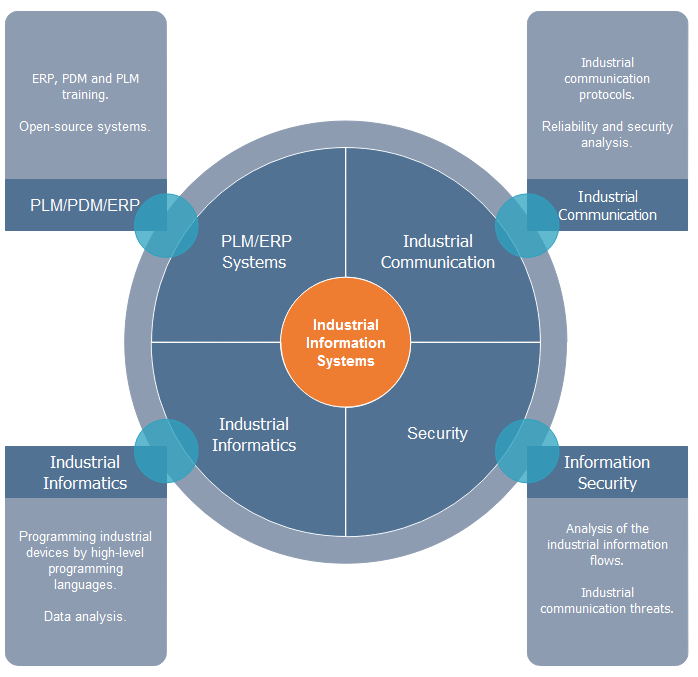 |
| Research areas of the „Industrial Information Systems” Lab |
Science Laboratory "Risk Management" named after Asst. Prof. PhD Eng. Ina Yankova is led by Assoc. Prof. Yana Stoyanova, PhD, PhD, and has the status of faculty laboratory in FIT.Its resource is used by all departments of the faculty.The laboratory main purpose is to provide an opportunity for research and training in the field of risk management in various fields such as ecology, research and industrial projects, technical systems and others.The placed resourses are appeared additional connecting unit between the various knowledge branches of the FIT which leads to qualification increasing of the students in the undergraduate and graduate programs, as well as to the opportunity to conduct research in new directions by professors and PhD students in the FIT.The structure of the laboratory follows the requirements of TU and is under the direct supervision of the Dean of the FIT.If possible and interest on their part, PhD students are actively involved in the construction and maintenance of the laboratory facilities and develop the laboratory activity.The laboratory is related to the following subjects of the FIT curriculums:
1. Environmental Quality and Pollution;
2. Project Management;
3. Modeling the Spread of Pollutants in the Environment.
Resources in the lab can be used for special risk analyzes for external organizations, as well as consultations. This activity is regulated and coordinated with the leadership of the FIT.
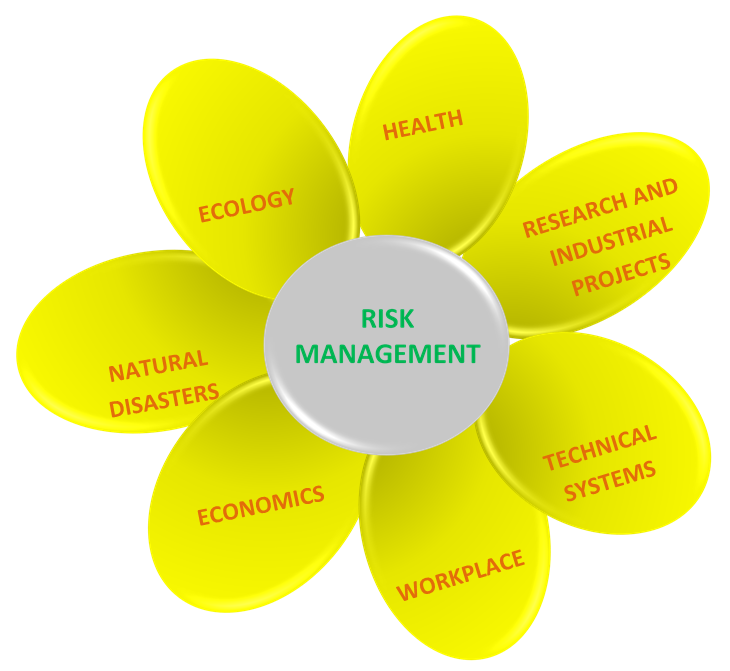 |
| Research areas of the „Risk Management” Lab |
In 2015, as a result of successfully completed project under the Operational Programme "Development of the Competitiveness of the Bulgarian Economy 2007-2013" the faculty is revealed Laboratory "Digital Manufacturing of Implants" led by Assoc. Prof. Nikolay Nikolov.
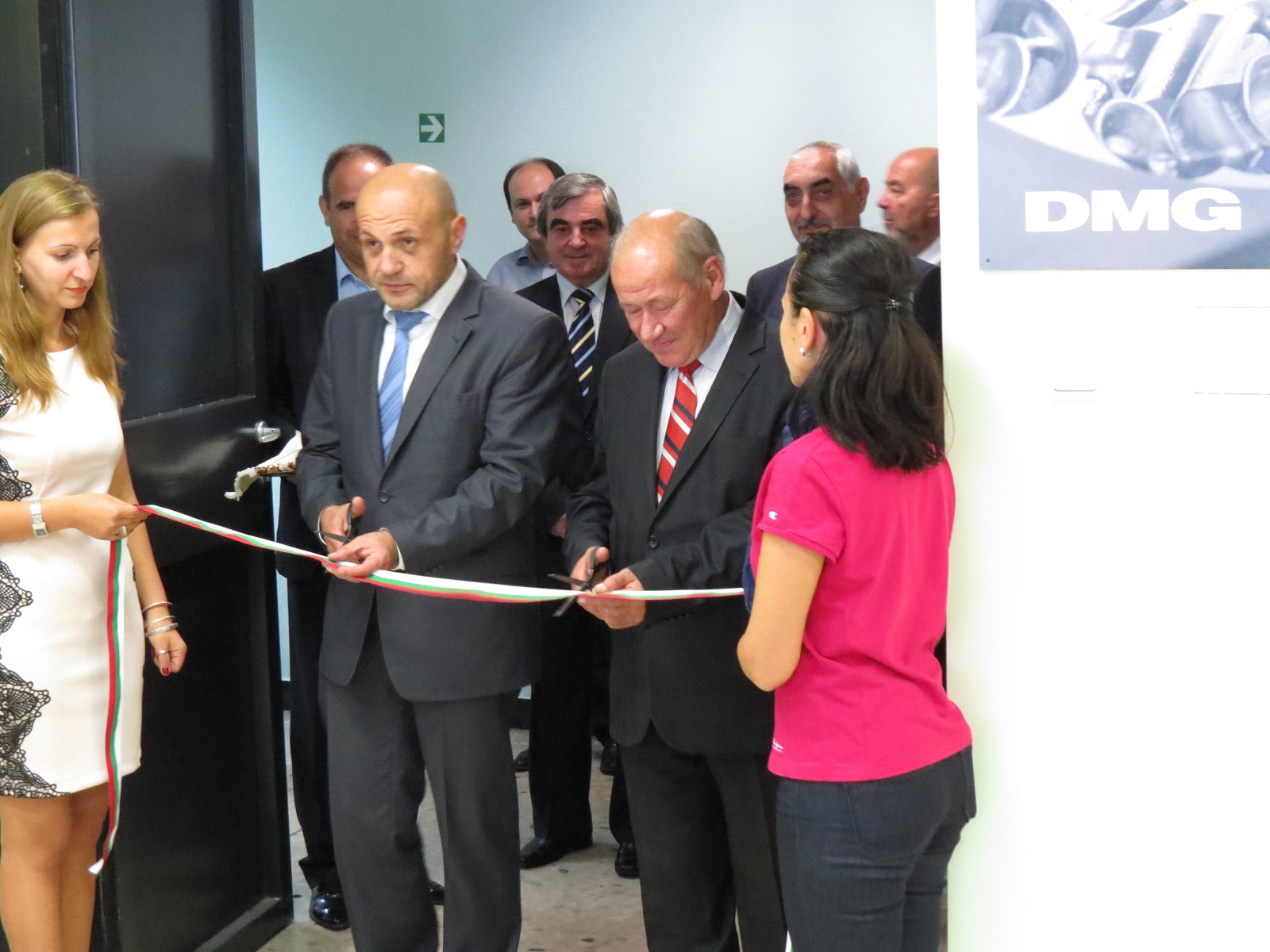 |
|
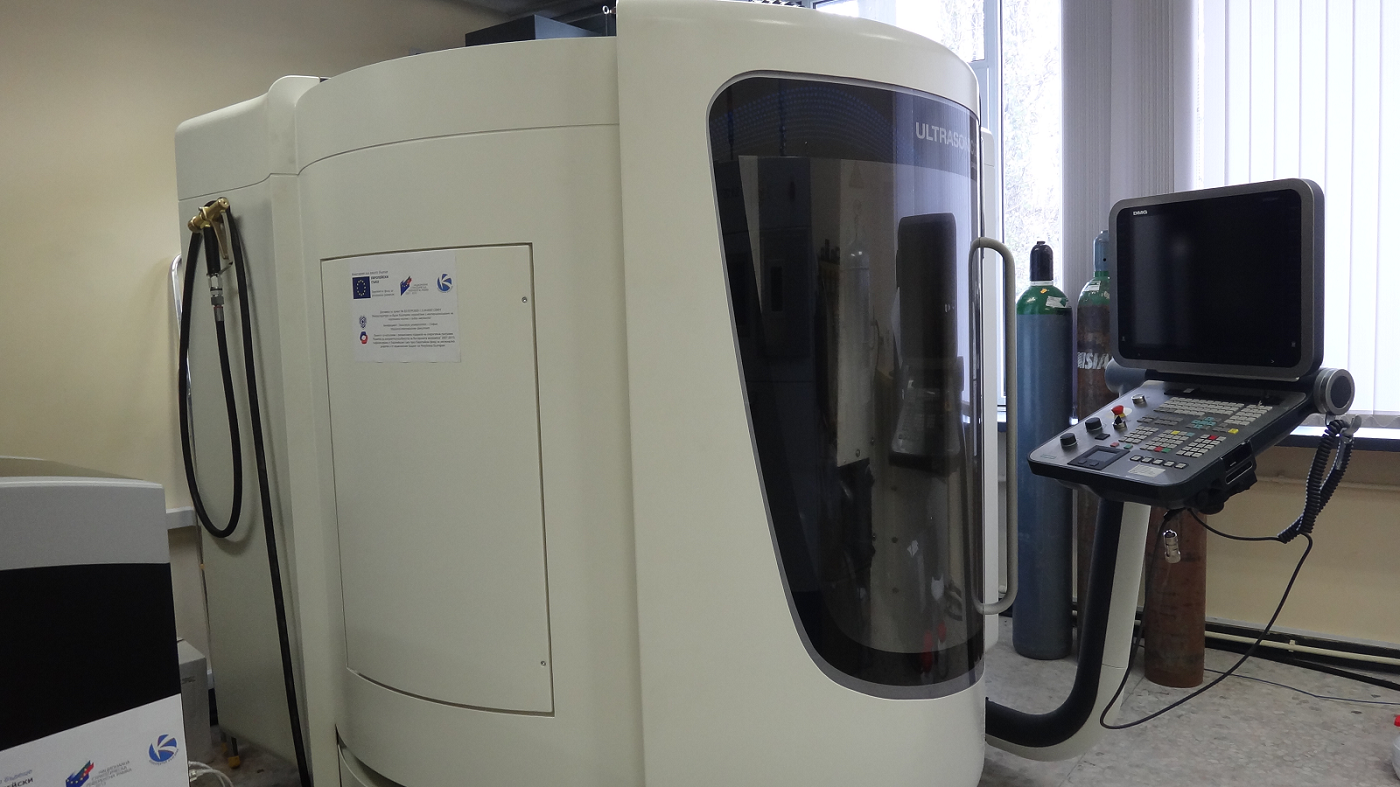 |
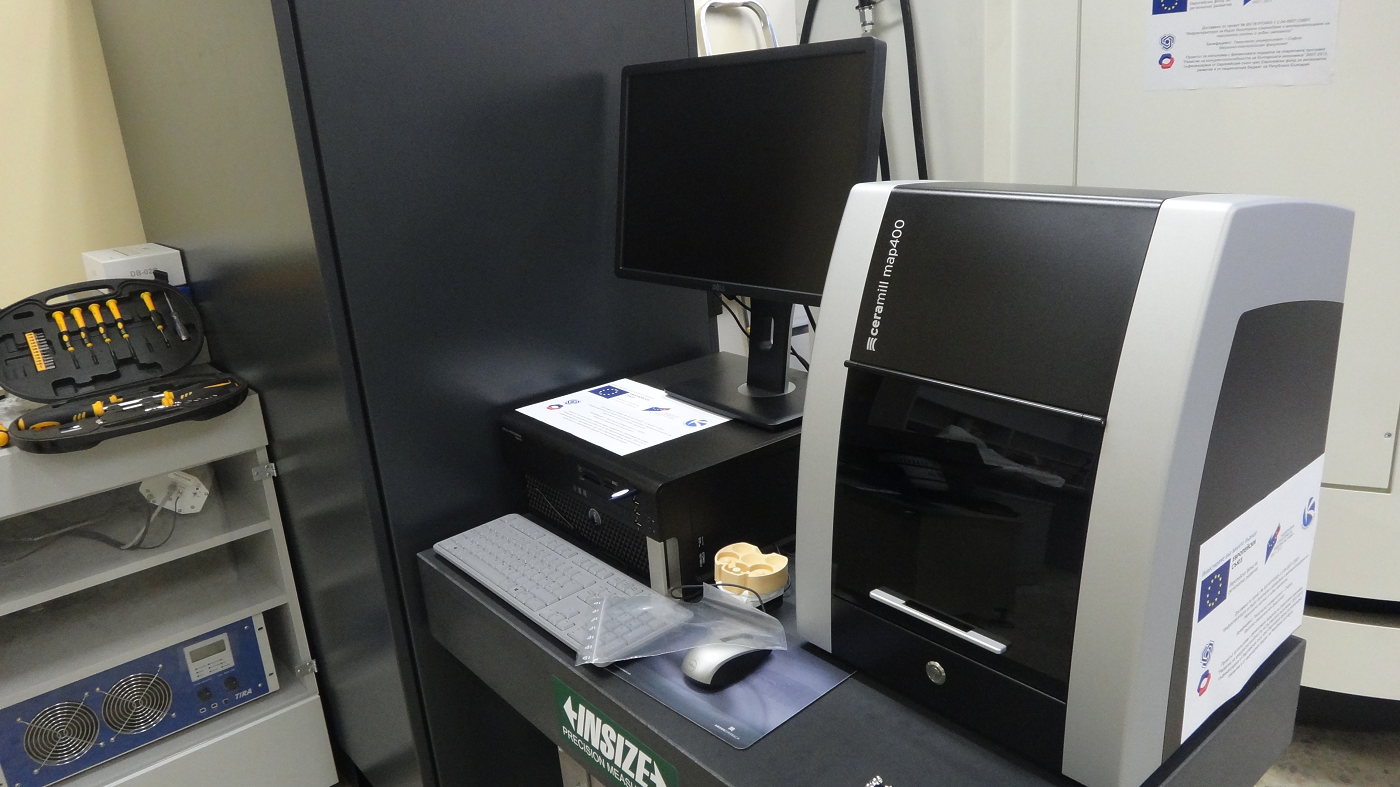 |
Significant contribution to the appearance of the department has Laboratory "Tribology" (included in the structure of dept. "Materials Science and Technology" at the FIT of TU-Sofia) led by Assoc. Prof. PhD Eng. Mara Kandeva-Ivanova. The laboratory develops very active and is expected soon to get faculty status.
Previous page: PhD Students
Next page: Library
